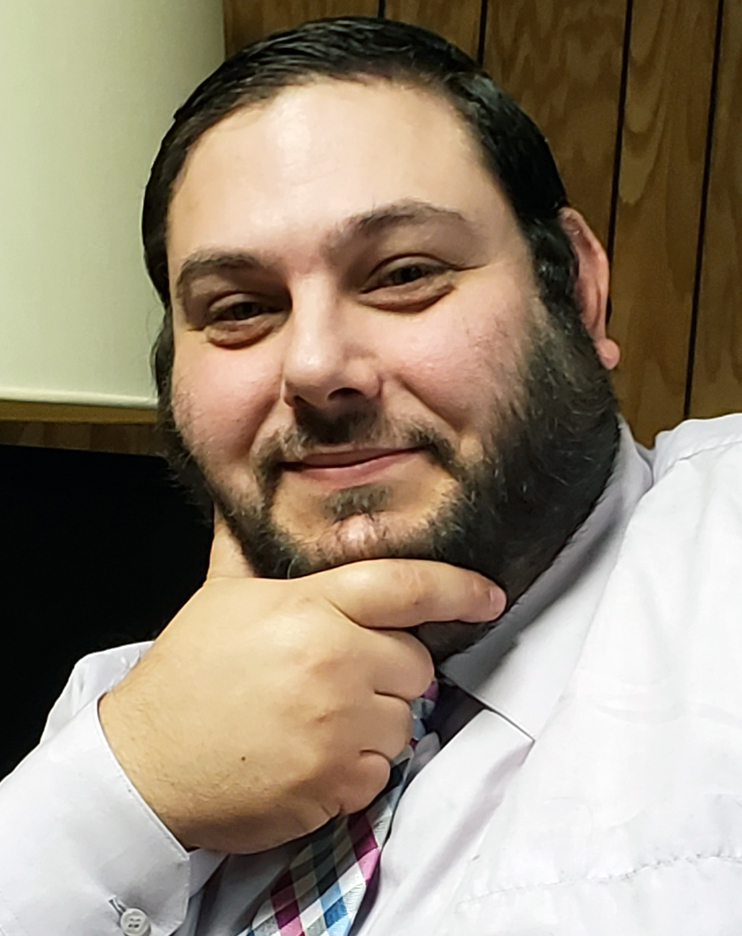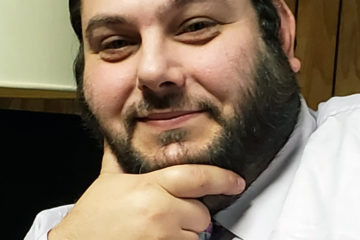It isn’t always antisemitism

By Rabbi Leibel Agar, Beth Jacob Congregation
Miami Valley rabbis share thoughts on unprecedented U.S. antisemitism
“Times, they are a-changin.” While some of us are not old enough to remember the actual release of that famous Bob Dylan song, I would venture most of us have heard it at one time or another. Perhaps the lyrics were given to us by a teacher during a history class about post-World War II America or as a poem in an English class. Maybe part of the song was played on a television show or movie we have seen.
I remember first hearing the song as a young child whenever we were in the car; my mother liked to listen to the oldies station on the radio.
However, regardless of where we heard it, the lyrics of Dylan seem to be just as relevant today as they were in those turbulent days of the 1960s when they were written.
As I look around at the world today, I often see things which worry me greatly. The internet, with all the wonderful things we can do with it, seems to also cause an increase in hatred.
Not a day goes by that someone doesn’t tell me about a racist post that they saw on Facebook, Twitter, or Snapchat. It seems the surge of hatred is on the upswing, and there is no end in sight.
Just last week, I read about a shul in Brooklyn, N.Y. — the shul where my brother-in-law Charley and his family pray — which had a woman taking pictures of the building from her car. When several congregants approached her, she made the Nazi salute and began spewing all sorts of antisemitic slurs.
However, we often forget there is more to this than meets the eye. There is a far greater danger to the world than antisemitism — the danger called ignorance.
When we do not know anything about people from other backgrounds or cultures, it becomes easier to believe the stereotypes about them. In my lifetime, I have seen this danger firsthand. I cannot tell you the number of times I have been asked if I wear a hat on my head to cover up my horns.
Most of the people who ask are not trying to be mean; rather, they have just never seen a Jew before.
I remember riding the Number 4 subway line on my way home from work one day when a young child (maybe 6 or 7) walked up to me and innocently asked if I knew why my people killed Jesus. When I asked the child why she thought the Jews had killed Jesus, she explained that she learned about it “from the Sister at Sunday School…she told us that the Jews hung him up on the cross.” It is this kind of ignorance which often breeds intolerance and hatred. When we do not know anything about people from other backgrounds or cultures, it becomes easier to believe the stereotypes about them.
Unfortunately, identifying the issue is only half the battle. The next step is to come up with ideas of how to fix the issue. I believe the solution is obvious: we need to get to know one another. Rather than focus on our differences, we should be focusing on the things we have in common. Programs that bring people of different backgrounds together help foster feelings of understanding and mutual respect.
Though there may always be people who are haters, bringing everyone else together creates a strong defense against the sort of violence which has been plaguing our country for far too long.
To read the complete February 2020 Dayton Jewish Observer, click here.


